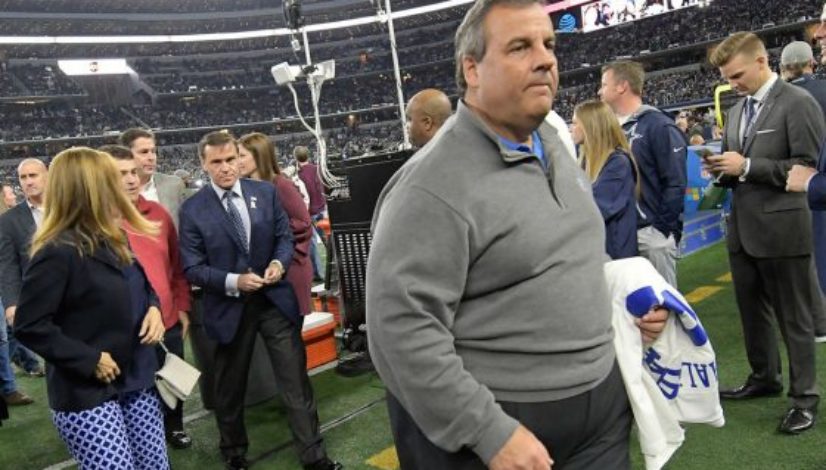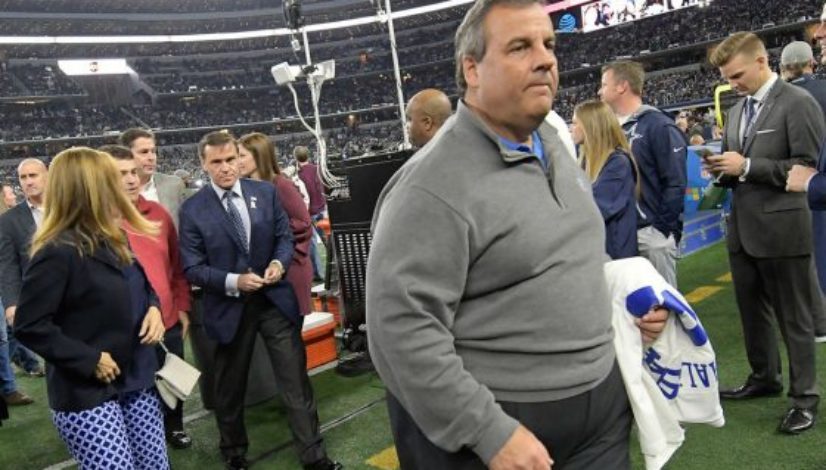How the Supreme Court case on sports betting is related to marijuana legalization

Published: Dec 4, 2017, 5:53 pm • Updated: Dec 4, 2017, 5:53 pm
By David G. Savage, Tribune Washington Bureau
WASHINGTON — The Supreme Court appeared poised Monday to legalize sports betting nationwide by freeing states from a federal anti-gaming law.
The justices gave a friendly hearing to New Jersey’s claim that states are free to control their own laws, including in the area of gambling, unless Congress has adopted a federal regulatory policy to prohibit it.
And Congress failed to do that when it passed a 1992 law, the state maintained. The federal law did not actually ban sports wagering, but instead said states may not “authorize by law” such gaming.
That type of command from Washington violates the Constitution’s 10th Amendment, which reserves to the states the power to make and enforce their own laws in areas where the federal government has not exerted authority, said former Solicitor General Ted Olson, representing New Jersey.
Related: Outgoing N.J. Gov. Christie calls marijuana taxes “blood money”
“This is a direct command to the states,” Olson said of the Professional and Amateur Sports Protection Act of 1992. Congress said “we want to put the burden and the expense and the accountability on the states. The federal government is doing nothing,” he said.
In their comments and questions, most of the justices sounded the same states’ rights theme.
Justice Anthony M. Kennedy said the federal law seemed to him like “commandeering.”
“This is telling the states what to do,” said Justice Stephen G. Breyer.
In 2011, New Jersey’s voters by a 2-to-1 margin approved sports betting, but federal courts have repeatedly blocked the state from allowing such gaming at its racetracks and casinos.
New Jersey had been battling in court for years with the National Collegiate Athletic Association and the four major pro sports leagues: the NFL, NBA, NHL and Major League Baseball. Their lawyers sued in 2012 shortly after Gov. Chris Christie signed into law the measure to authorize sports betting at racetracks and casinos.
Federal judges agreed with the NCAA that the state law could not stand because it violated the federal law. And the Supreme Court refused to intervene then.
No one doubts Congress has the constitutional power to enforce a federal ban on gambling, or a particular type of gaming. But supporters of New Jersey said Congress stopped short of doing that.
Related stories
- Lawyers who work with cannabis clients endanger own practices
- Citing concerns about federal law, Albuquerque rejects medical marijuana bus ads
- House Rules Committee hears key marijuana amendments
- Rohrabacher calls on fellow Republicans to protect medical marijuana from the feds
- The Sessions Letters: The first four states to legalize marijuana respond to attorney general’s missives
The 1992 federal law included an exception for Nevada which allowed it to continue licensing betting on sports.
Undeterred, New Jersey’s lawmakers devised what many saw as a sleight of hand move. They repealed the state’s laws that made it a crime to wager on sports at race tracks or casinos.
Once again, the NCAA and the pro sports leagues sued and won in federal court. The judges said the state had implicitly authorized sports gaming by repealing its prohibition.
In June, the Supreme Court agreed to hear New Jersey’s claim that the 10th Amendment frees the states to refuse to enforce a federal law.
This is the same states’ rights principle that has allowed California and other states to permit the use of medical marijuana, even if it remains illegal under federal law. It is also the principle relied on by “sanctuary cities” which say they will not use their own employees to enforce federal immigration laws.
If the state prevails in Christie v. NCAA, the ruling would likely free other states to follow New Jersey’s lead. Gaming experts said at least a dozen states would likely authorize wagering on sports, including California, Connecticut, Florida, Illinois, Pennsylvania and New York.
Americans bet as much as $150 billion a year on sports events, according to the American Gaming Association, but only 3 percent of that amount is wagered through legal and regulated gaming, most of it in Nevada.
Topics: Chris Christie, federal, legalization, New Jersey, states rights, u.s. supreme court




